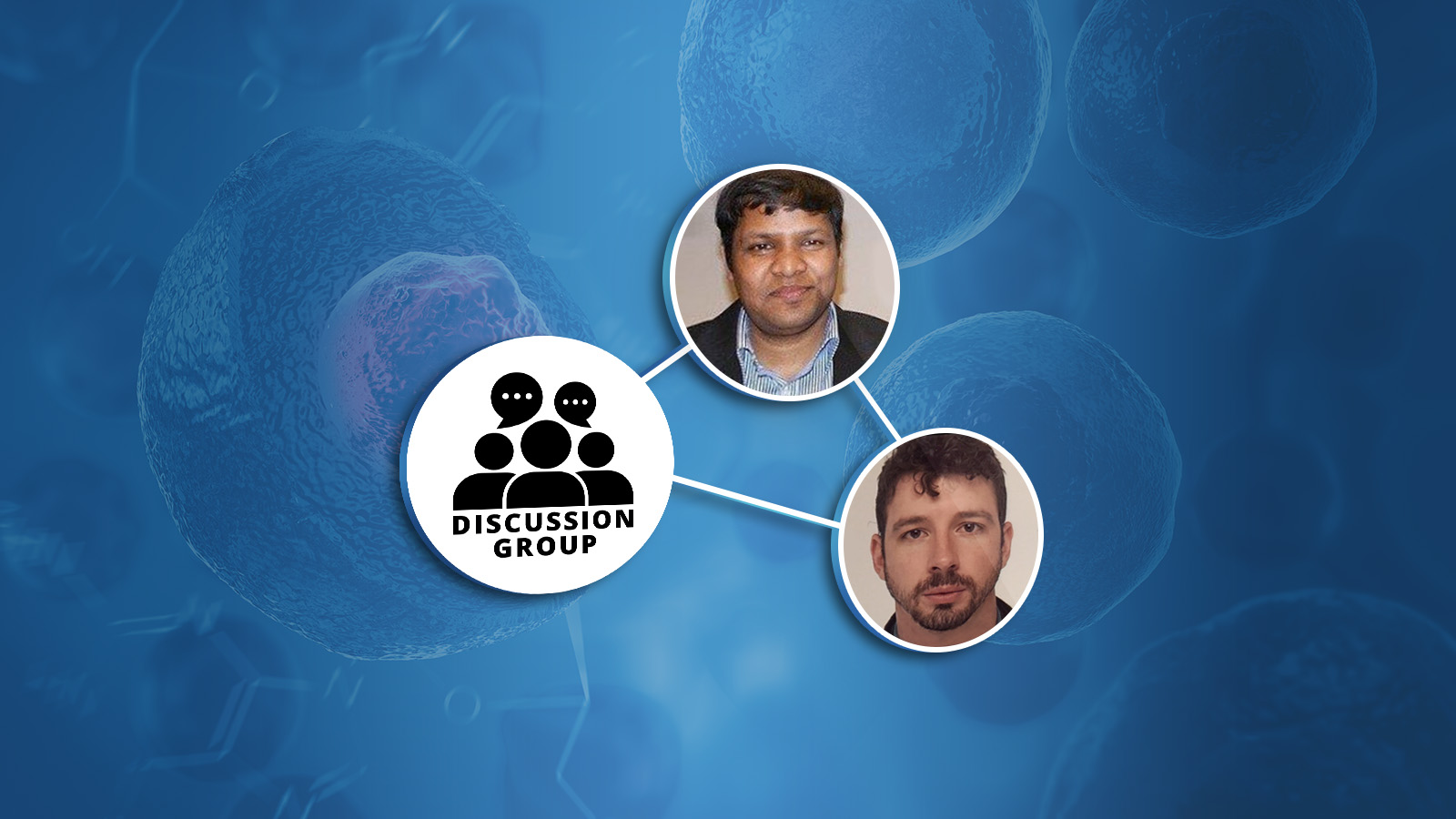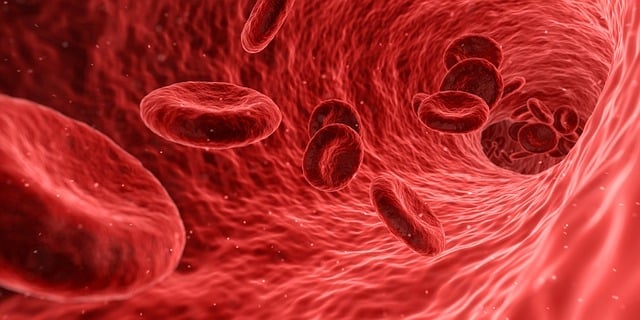Advancing The Implementation Of Automation Technologies For Cell Therapy Development

Our November group came together for an hour of specialist discussion about the current challenges and opportunities in advancing the implementation of automation technologies for cell therapy development. This discussion group was a select group of approximately 15-20 key industry leaders working to improve automated processes to deliver an intensified procedure for cell therapy development from pharmaceutical and biotech companies. Udayanath Aich, Associate Director at Bristol Myers Squibb, moderated the discussion, and panellist Michael Delahaye, formerly of Cell &Gene Therapy Catapult, currently Director and Team Leader Cell Therapy Bioprocessing at AstraZeneca, was there to support.
Udayanath Aich kicked off the discussion with a brief overview of the cell therapy landscape and its preoccupation with automation technologies. During this, Aich, asked, “why do we want to implement automation? What are the benefits of it? And where do the challenges and opportunities lie for cell therapy development?” In particular, Aich described the need for cell therapy development to be fast and efficient and identified automation as one of the main priorities affecting the industry today (read our Market Trends and Industry Challenges report for 2021) to expediate next-generation development. By following established platforms consisting of common raw materials, parent cell lines, unit operations, and drug substance formulations, cryopreservation automated processes should deliver an intensified procedure for cell therapy development.
Various challenges remain, however, with Aich indicating issues such as scalability. “By minimising the knowledge gap between theorisation and actual implementation of advanced automation, we can welcome in more efficient Cell therapy drug development workflows and better-quality therapeutics”, he explained.
“By minimising the knowledge gap between theorisation and actual implementation of advanced automation, we can welcome in more efficient Cell therapy drug development workflows and better-quality therapeutics”
After Aich's introduction concluded, the debate began. Michael Delahaye opened the floor to discuss the need for developments in automation technologies. He started by pointing out how “the industry is still in a phase where many early pre-clinical products in development still utilise historical and fairly clunky technology”. Older technology often relies on labour-intensive and small-scale lab-based approaches. “So, the question is, where and how do you we look to automate historical processes using age-old technology,” Delahaye explained. For instance, the conversation identified the early transitional progress of technology providers such as TAP Biosystems, which introduced direct automation of human based manipulations into systems such as their CompacT SelecT, with an emphasis on traditional roller bottle and T flask support. Resultingly Delahaye argued “there is now the need to shift the paradigm and generate a new emphasis on automation with enhanced, integrated process analytical technology to support both understanding within development and traceability through manufacture”.
The panel continued with Aich discussing about the opportunities of implementing automation technology. In response, Delahaye mentioned how “as the underlying science facilitates a move increasingly towards allogeneic models as a result of cell line engineering, a product of efficient genetic engineering tools, more advanced automation that in large part is already available may alleviate the issues that are confined to autologous configurations”. Leveraging automation technologies, particularly modular technologies with real-time data readouts, could solve scalability challenges. Other benefits include automation's promise of a swifter and more efficient manufacturing process. Aich attested to this fact, stating, “the cell field is rapidly evolving, which means automation tools can be available and implemented to improve manufacturing, quality control testing, storage and shipping”. Other valuable opportunities include minimising screening time during manufacturing which significantly reduces cost. The panel identified minimising batch rejections and the production of a cleaner product as additional benefits of implementing automation technologies for cell therapy development.
“The cell field is rapidly evolving, which means automation tools can be available and implemented to improve manufacturing, quality control testing, storage and shipping”
Conversation then turned to some of the manufacturing challenges that lay ahead. According to one audience member, there is a need for greater cross-industry collaboration. They explained, “connectivity in automation technologies is especially important for the operations side of things”. Scaling up and scaling out can be a complex process requiring an integrated and collaborative approach. As the said party stated, “it is imperative to align in-house processes with those technologies available from the vendor”. Data integrity must be maintained across various systems and technologies within the electronic age. However, data can get stuck in proprietary systems and fail to get exported into the appropriate electronic batch records. Therefore, collaborating automation systems must effectively communicate a highly intricate and detailed function.
The discussion group concluded with some final thoughts on the future outlook of advancing the implementation of automation technologies for cell therapy development. With ongoing research and development and numerous exciting pipelines emerging in the field, the future looks bright for the cell therapy industry. At Oxford Global, we couldn't have been more pleased with the turnout for our November cell discussion group. The conversation was engaging, the debate stimulating, and the industry insights invaluable. We will continue our discussion group series in February with a session focusing on Cell Line Engineering. Learn more about the Oxford Global discussion group series at our Cell Portal.
Want to find out more about the latest cell therapy news? Register now for our Cell Therapy Analytics Symposium to find out more about novel characterisation techniques &robust analytical tools to ensure safe, quality therapeutic cell products are advanced through to the clinic.









